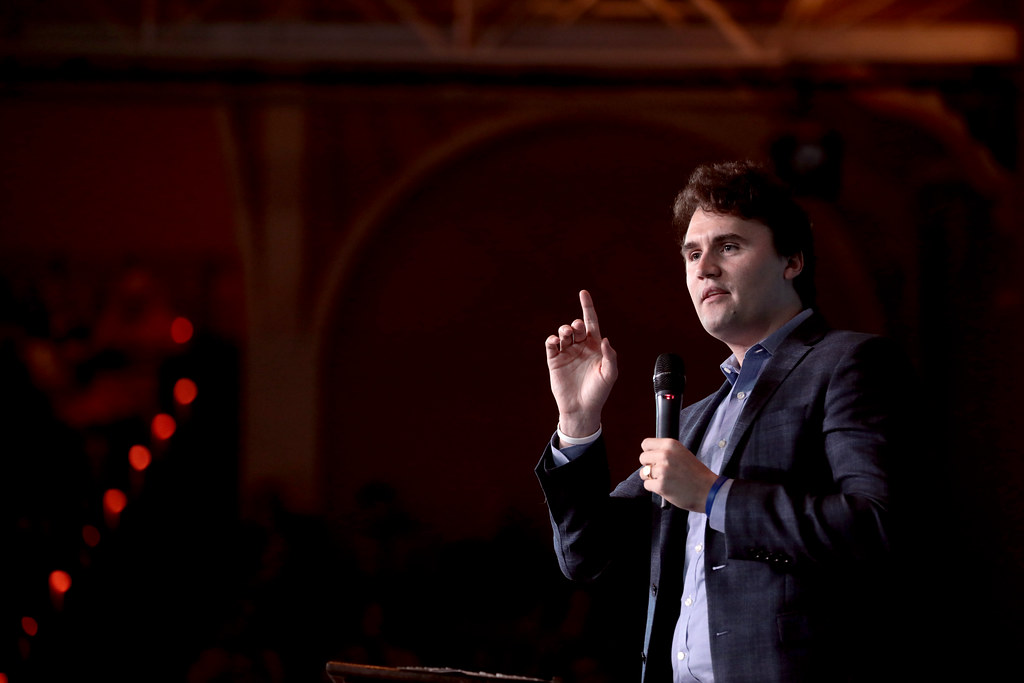Key takeaways
• Charlie Kirk built his fame with harsh words and big claims.
• Many praised him after his death, even if they disagreed with him.
• His views often spread racism and conspiracies.
• Honoring him only as a debate champion hides the harm he caused.
• We can respect his death while also facing his record honestly.
Remembering Charlie Kirk
Charlie Kirk rose fast in politics. He led youth groups. He spoke on campuses. Yet his words often hurt people. Now that he has died, many say kind things. However, we must also look at what he stood for.
Why Charlie Kirk Sparks Strong Feelings
Charlie Kirk had talent for persuasion. He talked to big crowds. He also spread harsh messages. Therefore, some call him a debate star. Others say he peddled hate. This mix of views makes his memory hard to pin down.
Early Life and Rise to Fame
Charlie Kirk started small. He studied political ideas in high school. He then launched a campus group. Soon, Turning Point USA grew nationwide. He met top leaders and even the president. His youth movement gave him real power.
Controversial Views and Actions
Despite his influence, Charlie Kirk often used cruel jokes. He mocked Black women with made-up names. He even suggested voodoo in Haiti was evil. Moreover, he pushed wild conspiracy theories. His words stirred anger, not calm debate.
Targeting Professors and Governors
Charlie Kirk once listed liberal professors he disliked. He urged new laws to punish them. He even bused people to the Capitol attack on January 6. That action led to real violence. Yet some still hail him as polite.
Racist Remarks and Dangerous Claims
Charlie Kirk’s insults crossed a clear line. He called Black pilots unfit to fly. He blamed minority leaders for floods and crashes. He accused a fire chief of killing children. In each case, he ignored facts. Instead, he blamed people’s skin color.
Political Violence vs. Debate
After his death, some praised Charlie Kirk’s debate style. They said he stayed nonviolent. However, he cheered bail for a hammer attacker. He made light of real threats. So calling him a peaceful speaker feels weak.
Reactions to His Death
Leaders from both sides spoke kindly. They called for unity and more talks. The California governor urged spirited discourse. A New York Times writer praised his persuasion. They urged everyone to carry on his work. Yet this praise leaves out his hate speech.
Why Honest Memory Matters
When we only praise, we risk repeating the same harm. If we ignore his racism, it stays hidden. Moreover, honest talk can help young people learn. They can see that power comes with responsibility.
Balancing Respect and Truth
We can condemn the violence that took his life. We should feel sad for his family. At the same time, we must speak clearly about his record. By doing both, we honor life and protect truth.
Lessons for the Future
First, debate must rest on facts, not insults. Second, power demands care, not cruelty. Third, we must call out hate, even in famous people. Finally, true respect shows even when we disagree.
Moving Forward Together
Let us learn from this moment. We can build debate spaces that value people. We can challenge ideas, not attack identities. In doing so, we create a stronger democracy.
Frequently Asked Questions
Why did so many praise Charlie Kirk after his death?
They saw his skill in public speaking and political organizing. However, many overlooked his hateful and conspiratorial remarks.
Did Charlie Kirk ever face consequences for his comments?
He criticized public figures often without penalty. Yet some groups and platforms did call out his hate speech.
Can we honor Charlie Kirk’s death and still criticize him?
Yes. We can condemn violence that ended his life and also address the harm he caused through his words.
What lessons can young activists learn from Charlie Kirk’s story?
They can learn that influence brings responsibility. Using facts and respect builds stronger movements than spreading hate.
